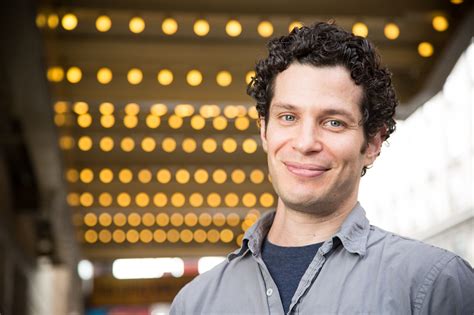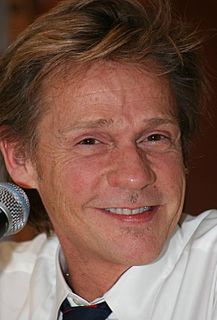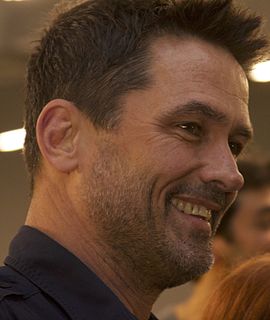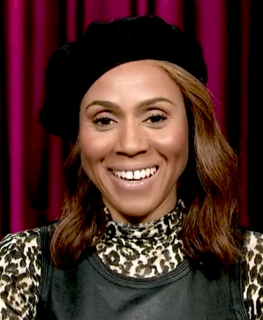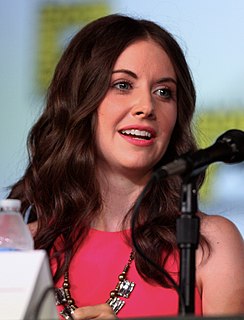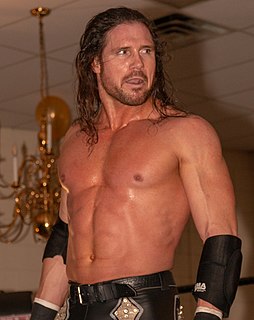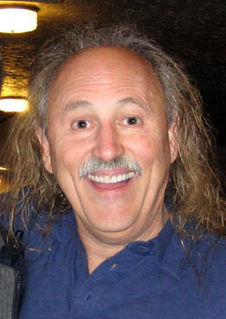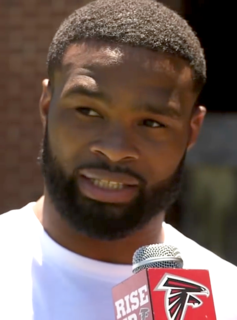A Quote by Thomas Kail
So much about being a director is getting the show ready for that first preview audience. I have a lot of experience making events that only happen once; it's opening and closing night in the same three-hour span.
Related Quotes
You know, you're doing the same show every day, and your inspiration, you have to look no further than the fact that you know people travel across the country to see you. In a lot of cases, this is that audience's only chance to see the thing, and so, that's what gets you up in the morning, and that's what gets you giving your best performance on stage, is the awareness that this audience is ready for it, and here to have an experience, and so in turn are you.
When you're on stage performing stand-up, things only happen one time. I've done bits where I improv a joke, and people are dying. The next show, I try to repeat it, I can't do it. Because with the first audience that was our moment. It can't happen the same way again. We were all there: a certain type of people were at that show and we all got it.
[on making the transition from the comedy "Mary Tyler Moore" (1970) to its dramatic spin-off series "Lou Grant" (1977)] We were really worried about changing over from a three-camera, half-hour comedy to a one-camera, full-hour drama. The audience wasn't ready for the switch - even CBS billed us in their promos as a comedy. In fact, the whole thing was impossible. But we didn't know that.
I memorize my lines and I show up. I think it's just instinctual, and sometimes it's wrong and the director says, "No, do it this way." And then I can change, because I didn't spend all night practicing it this one way. All I do to get ready for the day is the night before, I read my lines once or twice, memorize them, and then I show up.
I can't count how many times I've heard a wrestling fan say they don't have enough time to watch 'Raw.' Maybe it's less about not having the time to watch a three-hour show, but it's more about the time and the patience. You can usually sum up your three-hour 'Monday Night Raw' in a five-minute conversation.
I know that I am an excellent live performer. I know that I have spent my life paying attention to my art form, developing my art form, worrying about my show and what it is I'm bringing to people, making sure that I give them a fine trade. They get a two-hour show, sometimes a three-hour show, for a decent price.
I want to be compensated. If I'm working at the post office, and I'm sorting the same mail as the person to the right, and they're making $25 an hour and I'm making $21, I need to know what is this person doing so much better that he's getting $4 more than me. That's just knowing the market and being a smart businessman.
